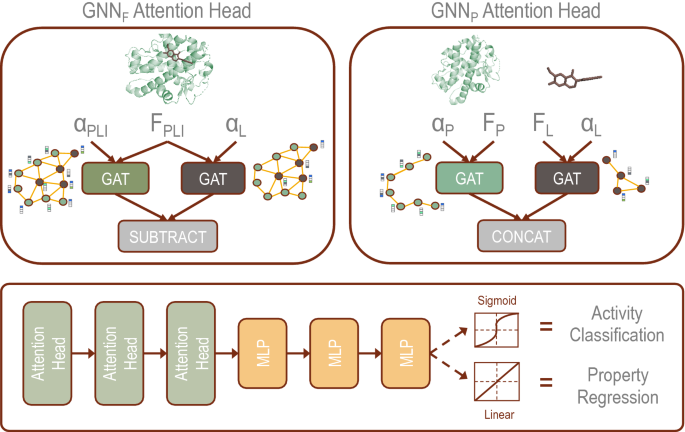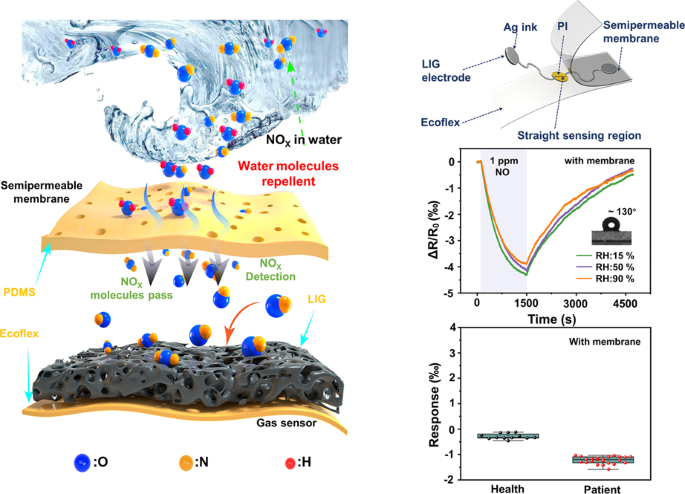UCリバーサイドの研究者は、治療後の重要な情報が隠されていると主張する。 UC Riverside researcher argues important post-treatment information is concealed
2022-08-01 カリフォルニア大学リバーサイド校(UCR)
がん治療が「ブラックボックス化」する傾向があり、入力と出力は見えるが、内部の仕組みは隠されていることを発見しました。
Social Science & Medicine誌に掲載された論文の中で、ブラックボックスの故障に焦点を当て、ブラックボックスはサバイバーと医療従事者の間のコミュニケーションギャップを隠すことができると結論づけている。
<関連情報>
- https://news.ucr.edu/articles/2022/08/01/study-examines-black-boxing-breast-cancer-survivorship-care
- https://www.sciencedirect.com/science/article/pii/S0277953622004907?via%3Dihub
ブラックボックスと情報経路:乳がんサバイバーシップケアへのアクターネットワーク理論的アプローチ Black boxes and information pathways: An actor-network theory approach to breast cancer survivorship care
Deborah Lefkowitz
Social Science & Medicine Available online:30 June 2022
DOI:https://doi.org/10.1016/j.socscimed.2022.115184

Highlights
- •Information pathways determine women’s access to cancer and survivorship care.
- •Black boxing of information pathways can impede breast cancer survivorship care.
- •Opening black boxes to examine how information works can improve survivorship care.
- •Actor-Network Theory informs a novel way of looking at healthcare information.
- •Black boxes and information pathways are useful metaphors for cancer experience.
Abstract
Many women diagnosed with breast cancer today can expect to live long after completing their treatment. This growing population of survivors encounters distinct post-treatment health and information needs. Existing survivorship care models take information as a given, black boxing it. I use Actor-Network Theory to examine how information actually works for women after they complete breast cancer treatment, and how it shapes their understanding of survivorship. I draw on in-depth interviews with breast cancer survivors (n = 82) and a wide range of providers (n = 84) in a medically underserved region of Southern California. Black boxes and information pathways convey experiential dimensions of cancer care; they are also metaphoric constructs. The black box metaphor refers to the cancer experience as a container; the pathways metaphor refers to a journey. Each of these metaphors expresses salient dimensions of the cancer experience and has implications for post-treatment survivorship. When healthcare information flows smoothly and invisibly, its pathways become black boxed. Black boxes can be helpful when they function effectively. But since black boxes conceal their inner workings, it is challenging to intervene when difficulties arise. I provide three examples of difficulties that complicate women’s transition to post-treatment survivorship: (1) when survivors fail to recognize treatment-related late effects, (2) do not understand they have a terminal diagnosis, or (3) worry that their treatment accomplished nothing. Contextualized within survivorship scholarship, this study recommends opening black boxes to examine how information pathways could connect women differently to improve survivorship care.


